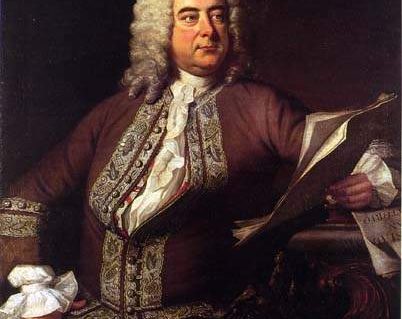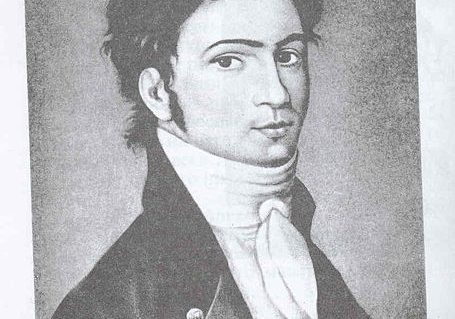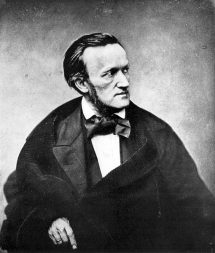Category Archive: Classical Music
Act III From “Meistersinger” – Mastered!
Die Meistersinger von Nürnberg, Act III, Adelaide, 4 August 2018. The ASO and State Opera triumph again! Our slate is free of crosses! A dramatic version of Act III of Wagner’s magisterial comedy was beautifully presented on Saturday night, with Nicholas Braithwaite and the ASO, having had about 5 minute’s practice, fully on top of Wagner’s complex, rich sonorities, polyphonic master-touches, and yes, humour, and humanity. Whilst The Varnished Culture overheard one dowager claiming afterwards that Hitler used to turn up for Act III alone (to absorb the finale’s Message about the retention of Pure Germanic Art), we have always considered…
Continue Reading →“Give us a Boating Tune, Fred!”

17 July, 1717: Handel’s “Water Music” is played on the Thames for King George I. He went for Baroque on the river. As Michael Steen* points out, the story that Handel “tried to regain the King’s favour by serenading him, uninvited, is untrue: the music was written later.” Handel had to work at self-selling of course, who does not? But his success was surely due to his prolific output of dramatic effects and ingenious musical structures. For a man born (23 February 1685) in Halle, Handel became the quintessential composer for the English. His Zadok the Priest became the coronation…
Continue Reading →Listen to This

We’ve recently ploughed (and sloshed) through a very sub-par biography of the great Ludwig van Beethoven – rather than trouble with that, listen to this instead:
Continue Reading →Meeting the Mastersingers

8 July, 2018 A very pleasant Sunday salon at the Hackett-Jones residence for the SA Wagner Society’s afternoon with some of the featured players from the forthcoming State Opera’s dramatic concert production of Act III of Meistersinger. ASO french horn players Emma Gregan and Alex Miller gave us some nice pieces written for horn (by Brahms, of all people!) These pieces were very easy on the ear, whilst apparently rather difficult to play. Hearing them, one started to daydream of a tense afternoon tea with Wagner, Brahms, Cosima and Clara Schumann debating the role of music, perhaps with Eduard Hanslick…
Continue Reading →In Search of Wagner
(By Theodor Adorno) (written 1937-38) (Rodney Livingstone translation) (2005) Whilst Adorno (1903 – 1969) was a thinker of wide learning and deep perception, here he is defeated by Wagner, as well as by his own Frankfurter-Marxist dogma and drab obsession with the dialectical. He’d love to dismiss RW as repulsive, dangerous, tin-eared, a Jew-baiter and Jew-hater, formless and, worst of all, bourgeois; yet a kind of intellectual honesty keeps creeping-back in to Adorno’s highly profound skull that undermines all of his grumbling. Wagner is not only sui generis; he is unimpeachable; Adorno’s brilliant attacks, often highly personal, fail utterly, proving…
Continue Reading →


